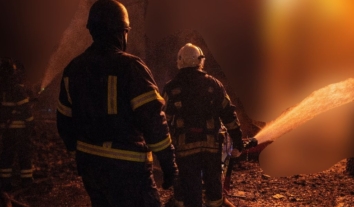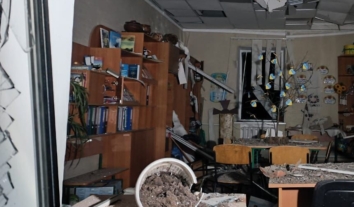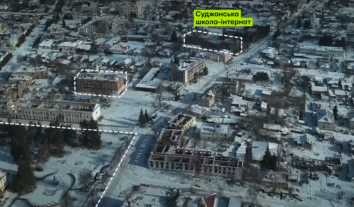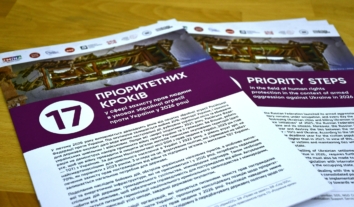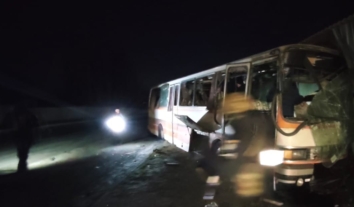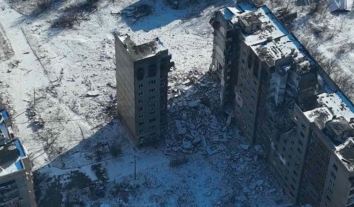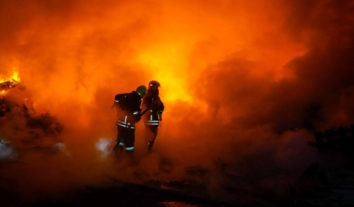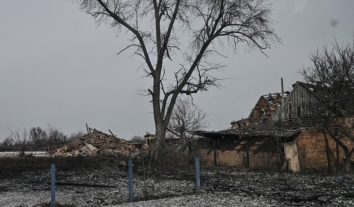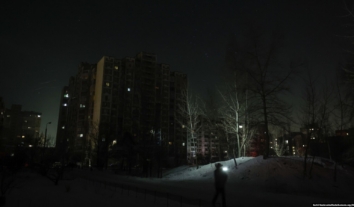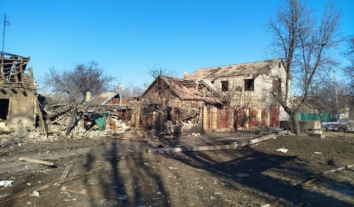Recognizing Ruslan Kotsaba as prisoner of conscience is third incident in independent Ukraine
The case of recognizing Ruslan Kotsaba as a prisoner of conscience is the third incident in the history of the independent Ukraine since 1991.
Director of the Kharkiv Human Rights Group Yevhen Zakharov said this in a commentary to the Human Rights Information Centre.
According to him, the first incident occurred during the Orange Revolution in 2004, when Amnesty International recognized five activists in Vinnytsia city as the prisoners of conscience. They were wrongly sentenced to 15 days of administrative detention to prevent them from voting in the presidential elections.
The second incident happened in 2010, when Amnesty International declared two Kharkiv residents, Denys Cherneha and Andriy Yevarnytsky, the prisoners of conscience. They were sentenced to 15 days in jail for resisting the authorities in cutting the trees in the city park. They were released in several days at the demand of a prosecutor. In general, 16 people were held liable within that case.
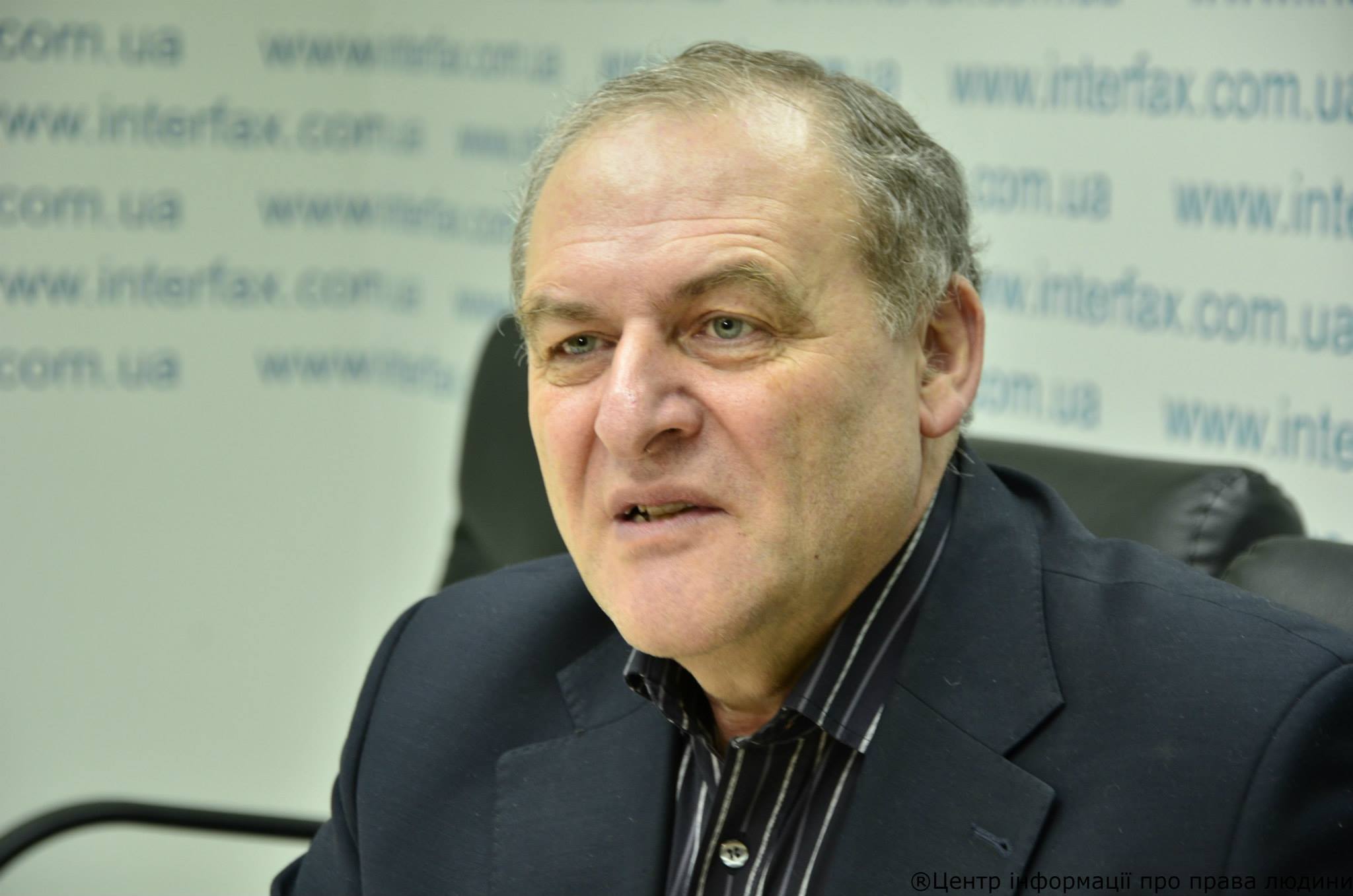
“Both cases were supported by the Kharkiv Human Rights Group, and both cases were further considered in the domestic courts: the first ended with the recognition of a knowingly wrongful verdict and payment of compensation for material and moral damages, the second is being partially considered now in domestic courts and the ECHR,” Yevhen Zakharov said.
He added that almost all defenders of trees in 2010 had become the active Euromaidan participants in 2013-2014. One of them, Yevhen Kotliar, died in the ranks of the Heavenly Hundred, and many became volunteer soldiers in the war with Russia.
Prisoner of conscience is a term coined in the early 1960s by Peter Benenson, the founder of the Amnesty International human rights organization, British lawyer and human rights activist. The term refers to a person in custody or imprisoned because of peaceful expression of political, religious or scientific views. The prisoners of conscience are not people who resort to violence, promote violence and hatred, or have committed any offence.

